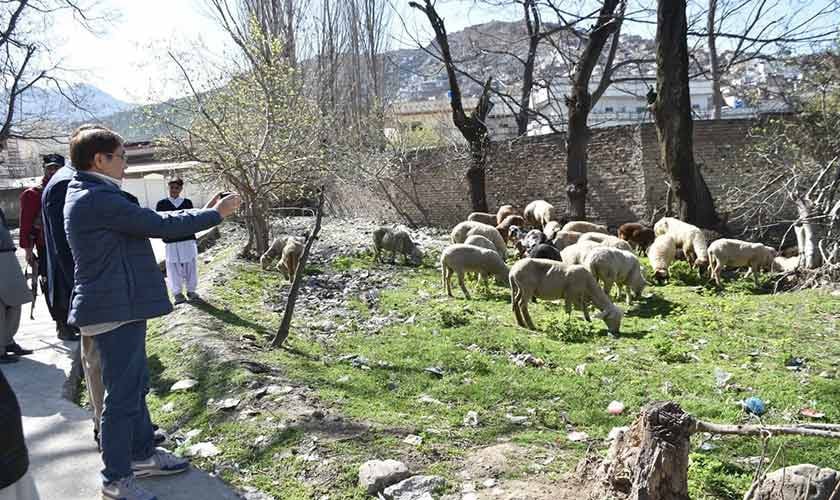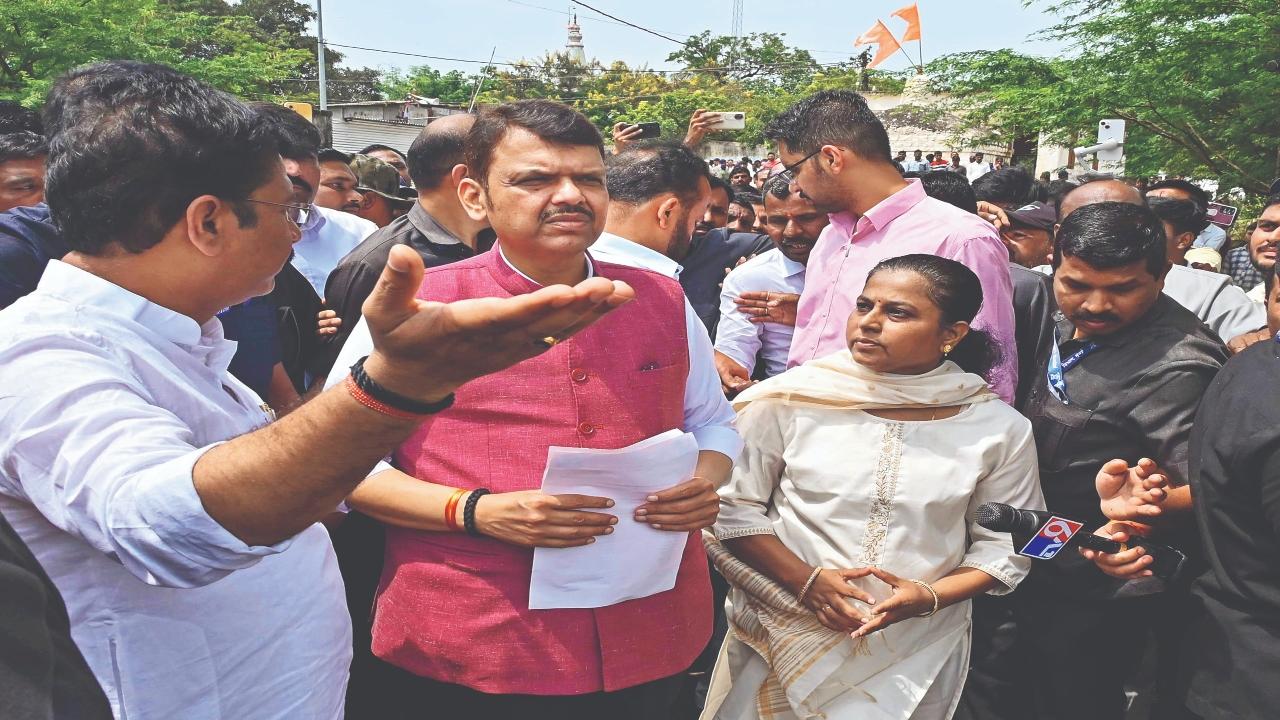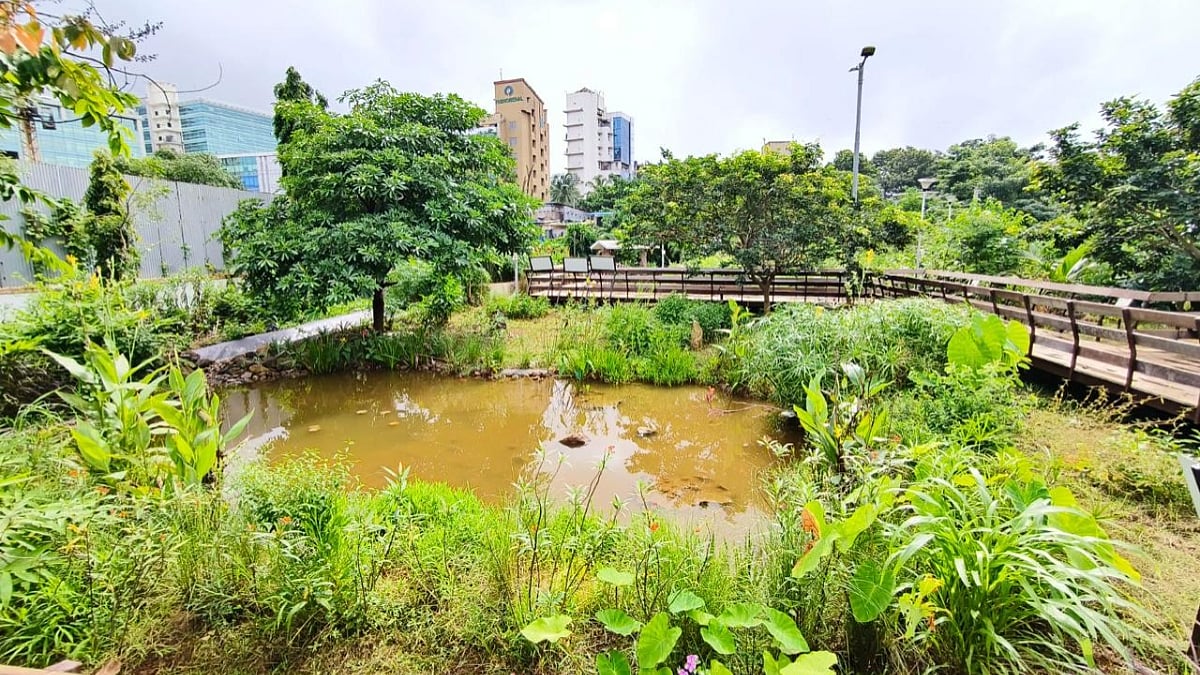Every year, as the first flakes of snow settle over Kalam, Utror, Mankyal, Bahrain, and other areas of upper Swat, hundreds of families start preparing for a journey their ancestors have made for centuries. Known locally as *mohajirati safar* (migratory travel), this seasonal migration is one of the oldest traditions in the mountains of Swat.
For generations, entire households—men, women, children, and livestock—have descended from the snowbound valleys of upper Swat to the milder plains of Mardan, Charsadda, Nowshera, and Swabi; some even travel as far as Sialkot. When summer returns, they make the reverse journey, climbing back to their green pastures, stone houses, and open meadows.
### History and Purpose
Historians trace these traditions back hundreds of years. At its heart was survival: harsh winters made farming impossible, and livestock needed grazing land that the snow-clad mountains could not provide. Families would move down with their herds to find temporary shelter, food, and opportunities for paid work.
Despite modernity, roads, and the spread of urban life, the practice continues today, though fewer families undertake it each year. For those who still do, the migration is tinged with a mixture of nostalgia, necessity, and hardship.
### Voices of the Elders
Sixty-year-old Kamin Gul from Banda in Kalam valley has been part of this journey his entire life. Sitting outside his wooden home, he recalls,
> “Since my childhood, we have moved to Mardan every winter with our families and livestock. When the snow melts, we return to Kalam. This has been our life for generations.”
Another elder, Shahzad Gujjar, also around 70, shares similar memories.
> “We shifted every year from my childhood. It was normal for us. Today, people face the same difficulties. There are no hospitals and no help from authorities.”
For men like Kamin Gul and Shahzad Gujjar, the seasonal trek is both a reminder of ancestral resilience and a symbol of neglect by the state.
### Women on the Move
If the journey is tough for men, it is even harsher for women. Unlike their husbands, who may find work as daily labourers in the plains, women must carry the weight of domestic life in transit and in temporary shelters.
Bakht Mena, a 47-year-old woman from Bahrain, tells *The News on Sunday*:
> “During migration on foot we face a lot of problems. Pregnant women suffer the most, walking long distances in the cold. When someone falls sick, it becomes even harder. There are no proper facilities on the road or at the temporary houses where we stay.”
Her testimony reveals the hidden costs of migration: the health of women and children. Respiratory illnesses spread quickly in damp, crowded shelters. Expectant mothers often lack access to prenatal or emergency care. With no clinics along the migration routes, families rely on traditional remedies or wait until they reach the plains.
### A Living Reality
Seasonal migration is not a relic of the past; it is a living reality for many in Swat. Without state recognition and support, the practice may fade—not because families no longer value it, but because it has become too punishing to continue.
Social worker Shah Mohammad Khan of Bahrain adds,
> “Many families live in cramped houses during migration, with little access to healthcare. In the mountains, their homes are open and spacious. But in the plains, they may share one or two rooms with large families and animals. For women and children, the conditions are very tough.”
### The Children of Migration
Education is another casualty. As families move back and forth, children lose months of schooling each year. In the plains, they may not be enrolled in local schools due to residency issues. In the mountains, snow closures cut the academic year short.
Teachers in Kalam often report high dropout rates among children from migrant families. For many parents, survival and tradition outweigh the long-term value of education. Boys help with livestock and farming, while girls are tied to domestic chores.
### Climate Change and Shrinking Choices
While migration was once entirely dictated by weather, climate change is altering the pattern. Winters in the plains have become shorter and milder. However, in Swat, unpredictable snow and floods can still disrupt the rhythm of life.
Some families have abandoned migration altogether, building permanent homes in Mardan or Charsadda. Others split households, sending children to stay with relatives in the plains for schooling while adults remain with the livestock.
Climate change has added uncertainty, says Shah Mohammad Khan. Floods, heavy rains, or sudden snowfalls can disrupt the migration, making it even more dangerous.
### A Call for Support
Despite these shifts, hundreds of families still follow the age-old trail. For them, survival is intertwined with tradition, but so are challenges. Elderly Shahzad Gujjar highlights the frustrations of this generation:
> “In my childhood, we moved to ensure survival, and everyone accepted it. But now, people face the same problems—lack of schools, lack of hospitals, and no help during the journey. The authorities must pay attention, provide relief, and support these families who continue this tradition.”
His words serve as both testimony and a plea: seasonal migration is not a relic of the past; it is a living reality for many in Swat. Without state recognition and support, the practice may fade—not because families no longer value it, but because it has become too punishing to continue.
### The Road Ahead
What should support look like? Some propose mobile healthcare units during migration months, temporary schools for migrant children, and livestock assistance programmes. Others suggest recognising migratory communities as a unique cultural group, preserving their way of life while easing their hardships.
For now, the seasonal trek continues, carrying echoes of centuries-old rhythms. But for families like those of Kamin Gul, Bakht Mena, and Shahzad Gujjar, the question remains: will future generations inherit this tradition, or will it vanish under the weight of modern neglect?
https://www.thenews.com.pk/tns/detail/1346838-the-long-walk-home



